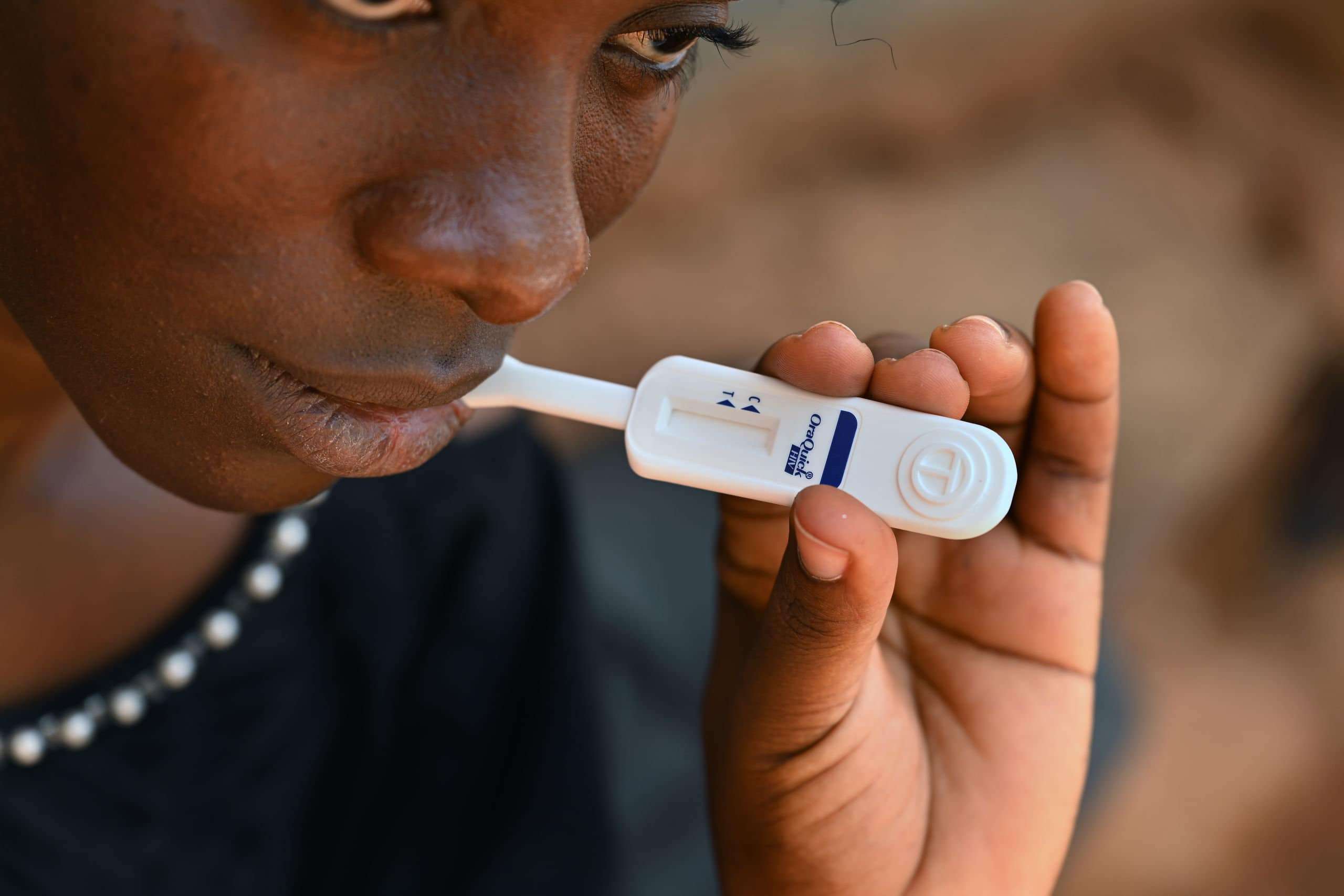Scientists have announced a major breakthrough in the decades-long fight against HIV, unveiling a CRISPR-based therapy that can completely remove HIV DNA from infected human cells and prevent the virus from returning.
The innovative treatment directly targets the virus’s genetic material, cutting it out of the cell’s genome and halting its ability to replicate. In laboratory studies, the treated cells showed no signs of viral rebound, offering hope for what could be a permanent cure for HIV.
Unlike conventional antiretroviral therapies, which only suppress the virus and require lifelong use, the CRISPR approach tackles the root cause by erasing the viral DNA itself. Researchers say this breakthrough could pave the way for a one-time treatment with long-lasting effects, potentially transforming HIV care worldwide.
“This is a game-changer,” the scientists behind the study said, while noting that more research and clinical trials are needed to establish safety and effectiveness in humans.
If proven successful, the therapy could bring the global community significantly closer to ending the HIV/AIDS epidemic, which has claimed millions of lives and remains a pressing global health challenge.
The University of Amsterdam team, who will soon be presenting a synopsis, or abstract, of their early findings at a medical conference called ECCMID 2024, stress their work remains merely “proof of concept” and will not become a cure for HIV any time soon.
And Dr James Dixon, stem-cell and gene-therapy technologies associate professor at the University of Nottingham, agrees, saying the full findings still require scrutiny.



